If you're newly engaged, then now is the time to think about overhauling your diet and committing to eating healthily. Skip the fad plans and try out the anti-inflammation diet, a simple plan with small changes that produce big results. Helping improve overall health with a side of weight loss.

There is no doubt that by now you've heard of the anti-inflammation diet, but do you know of the benefits. Sure, we're all aware that for long-term health, we need to lower our inflammation. But what does inflammation do? The cause or contributing factor to many debilitating, chronic illnesses—including osteoarthritis, rheumatoid arthritis, heart disease, Alzheimer’s disease, Parkinson’s disease, and even cancer, inflammation can also cause weight gain and numerous skin conditions including eczema, psoriasis and dermatitis. Many of us, however, are not aware that what we eat can trigger this inflammation and that some minor diet changes can have a significant impact on our overall health.
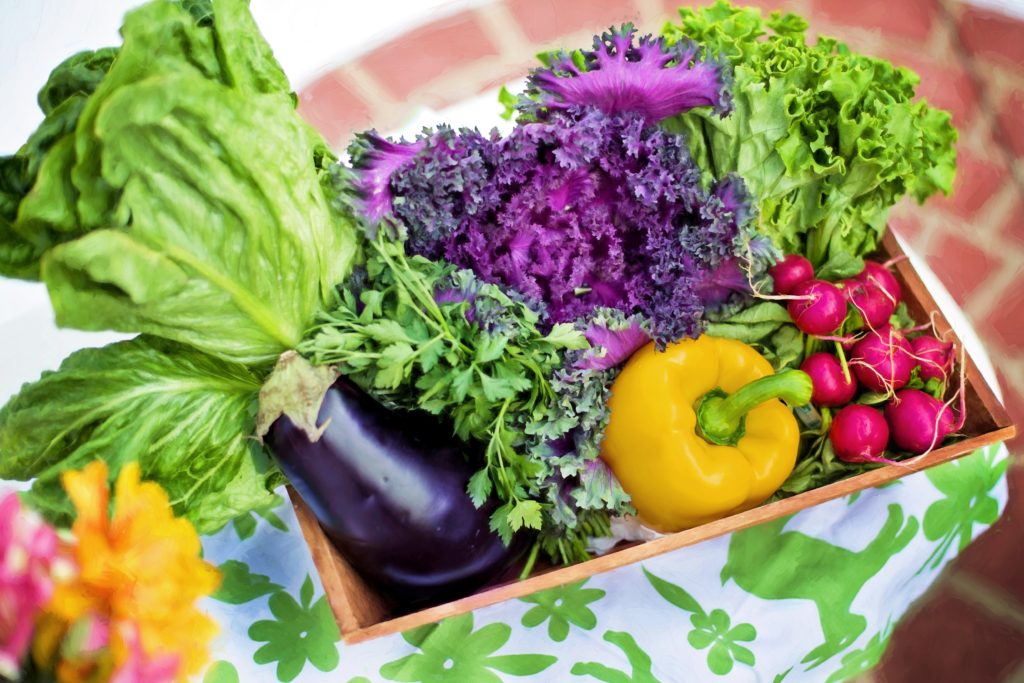
Not a diet in the real sense, the anti-inflammatory way of eating does not rely on imposing a calorie limit, there are no cheat days, and there is no need to track what you put in your mouth. Instead, it involves skipping out on high-fat, starchy, processed foods and opting for natural foods in their purest state. Think wild seafood and grass-fed poultry, low-fat dairy, whole grains, and unlimited fruits and vegetables -- organic if and when possible. These foods are digested more efficiently and contain high levels of fibre (you're aiming for at least 25 grams a day) which will act to fill you up. While the overall goal is to improve general health, those following an anti-inflammatory way of life will shed pounds without feeling like they’re depriving themselves.
Recent research finds that eating this protects against certain diseases and slows the ageing process by stabilising blood sugar and increasing metabolism. Here are some foods to consider picking up during your next trip to the supermarket:
Blueberries
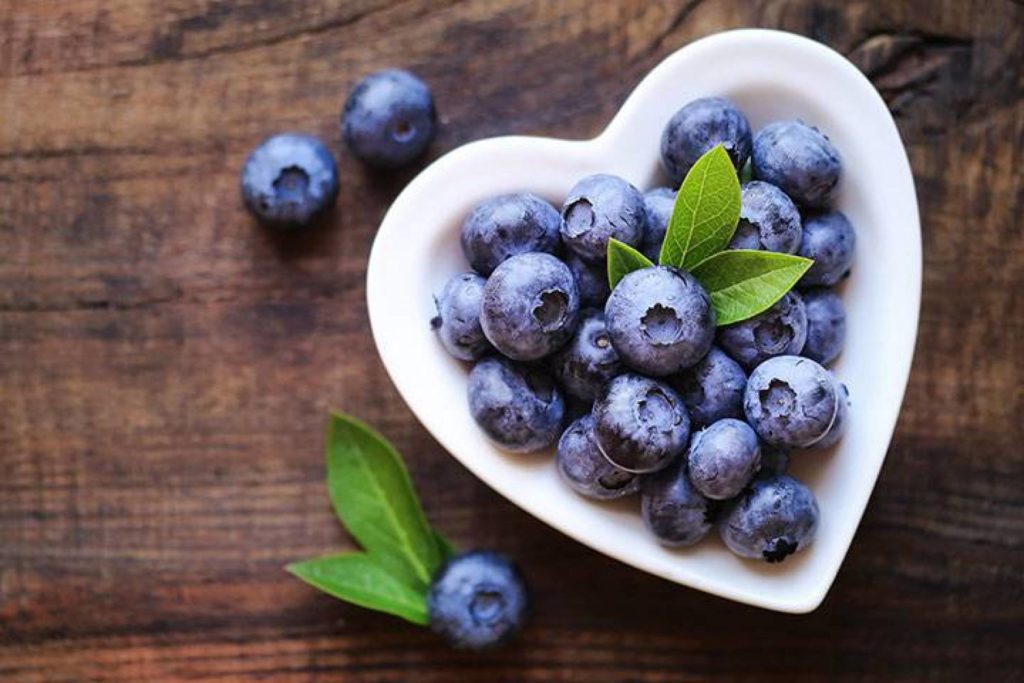
If you've ever been on any diet before, then you've likely already added these to your weekly shop. Low in sugar, these guys are packed full of vitamins A, C, and E, and contain the powerful antioxidant anthocyanin, that gives this berry it’s deep blue colour.
They are easily incorporated into meal plans and make great additions to smoothies and topping for breakfast and dessert. They also make a handy snack to keep at your work desk.
Bone Broth
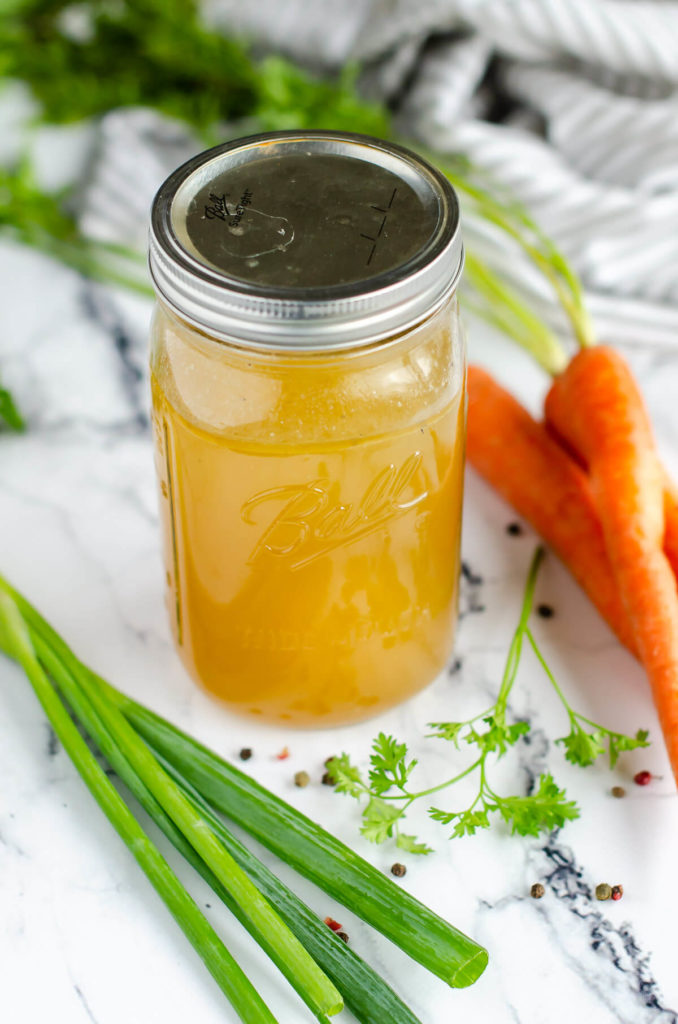
Not for the vegetarians or vegans but bone broth is a rich source of vitamins and nutrients, including calcium, magnesium, and phosphorous. A good source of the amino acid (AA) glutamine, research shows supplementation with this AA may help to heal the intestinal barrier and alleviate conditions such as leaky gut. Leaky gut is a digestive condition in which bacteria and toxins can "leak" through the intestinal wall and flood the bloodstream, increasing inflammation which may present as a variety of skin conditions.
Add bone broth to soups or drink alone, if making your own doesn't appeal, bone broth can be bought commercially.
Tumeric
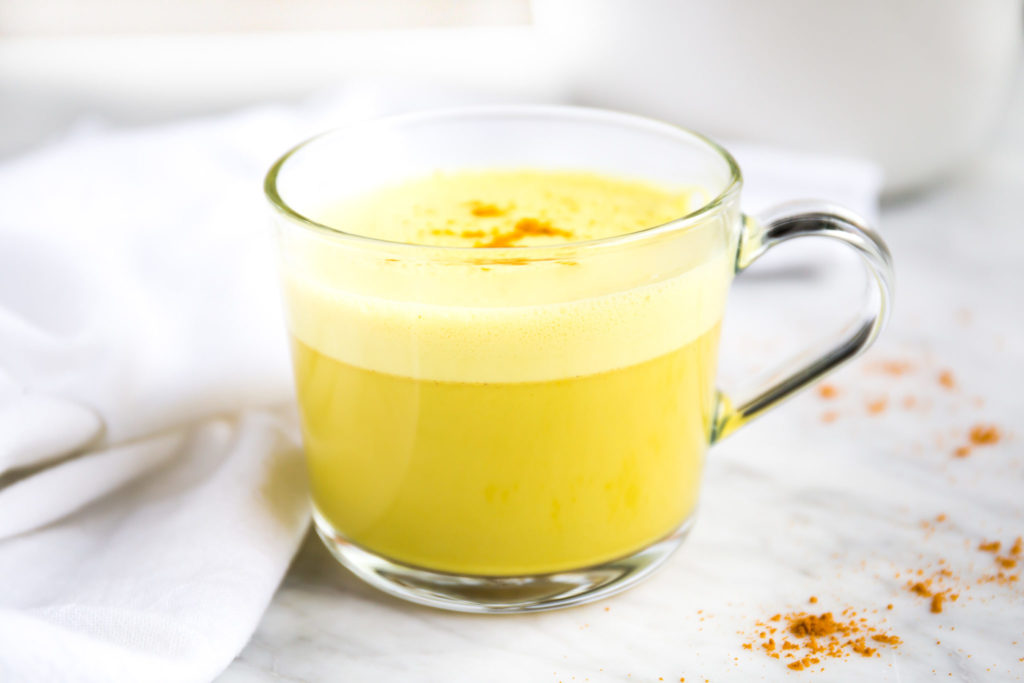
Often used in curry powder, tumeric is a beautiful yellow coloured spice that has been used in traditional medicine for centuries. Curcumin is the active ingredient in tumeric, and it is a potent antioxidant that also has powerful anti-inflammatory effects.
Helping in the fight against ageing, Curcumin neutralises free radicals that attack the skin and boost the activity of the body's own antioxidant enzymes -- a double punch.
While we can add turmeric to our foods, and even to our daily latte, the levels we need to see optimum results are so high that supplementation is necessary. Also, curcumin is poorly absorbed by the body, so to see full benefits it helps to consume black pepper with it as this enhances the absorption of curcumin by 2,000%!
Broccoli

Who doesn't love broccoli? Packed with vitamins and minerals as well as copious amounts of fibre, it is an anti-inflammatory powerhouse.
A cruciferous vegetable, along with cauliflower, brussels sprouts and kale (all of which are great to add to your diet) research shows that a diet rich in cruciferous vegetables is associated with a decreased risk of heart disease and cancer.
It’s especially rich in antioxidants like the flavonoids kaempferol and quercetin, as well as a variety of carotenoids.
Sauté up in stir-fries, add to salads or eat alone; whatever way you choose to eat this veg you should be adding it to your diet.
Fatty Fish
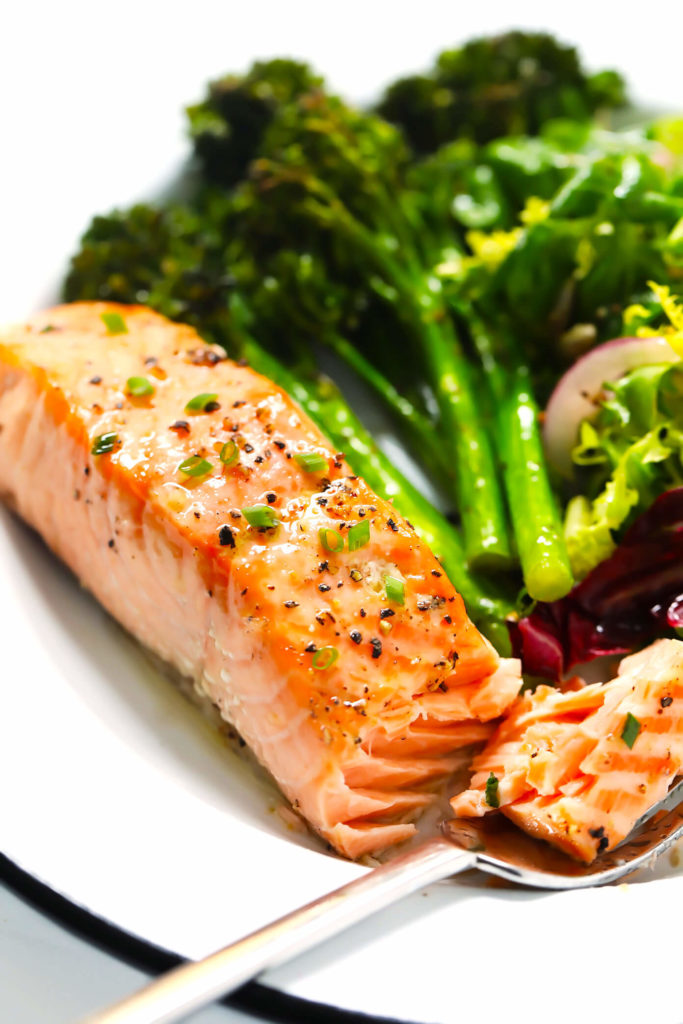
Fatty fish are a great source of protein and contain the now-infamous omega-3 fatty acids EPA and DHA.
While most people reach for salmon, there are plenty of other options to stop your diet from becoming monotonous. Choose from sardines, herring, mackerel and anchovies as all contain EPA and DHA. These fatty acids reduce inflammation and help protect against heart disease, diabetes and kidney problems.
Pan-sear, grill, or broil; whatever way you cook it up, make sure you include it in your diet.
Avocado
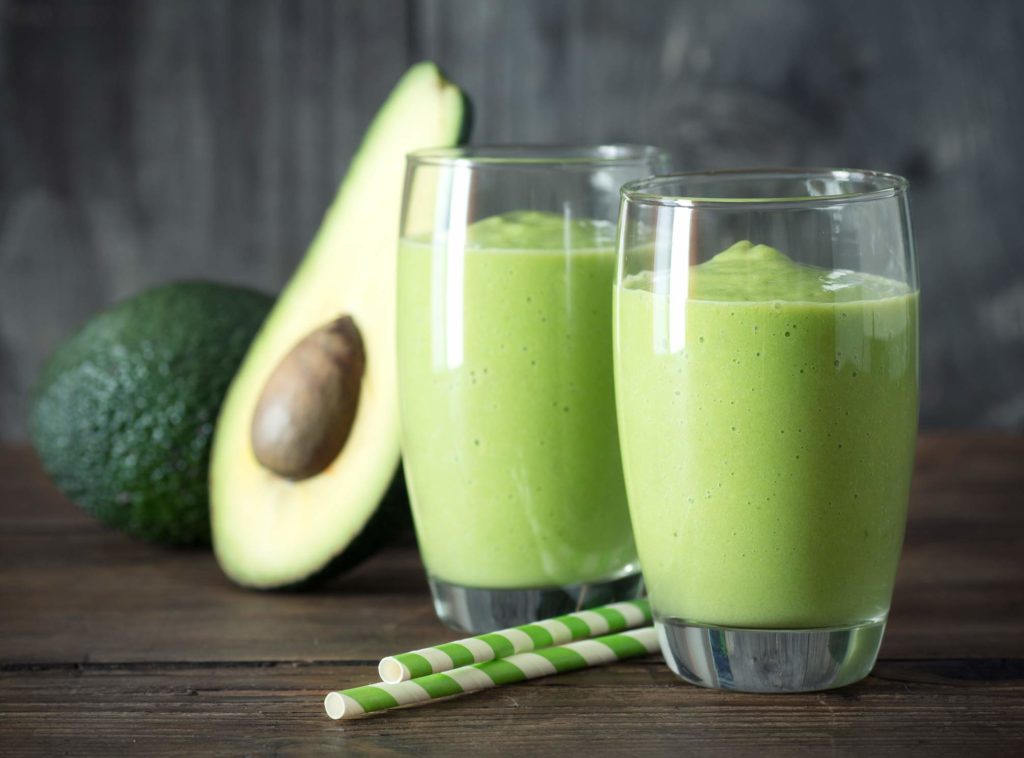
Avocados are everywhere, which makes including them in your diet a breeze. They're packed with potassium, magnesium, fibre and heart-healthy monounsaturated fats but also contain carotenoids and tocopherols, which are linked to reduced cancer risk.
One of the few foods worthy of a superfood title, they work well teamed with eggs or added to salads.

